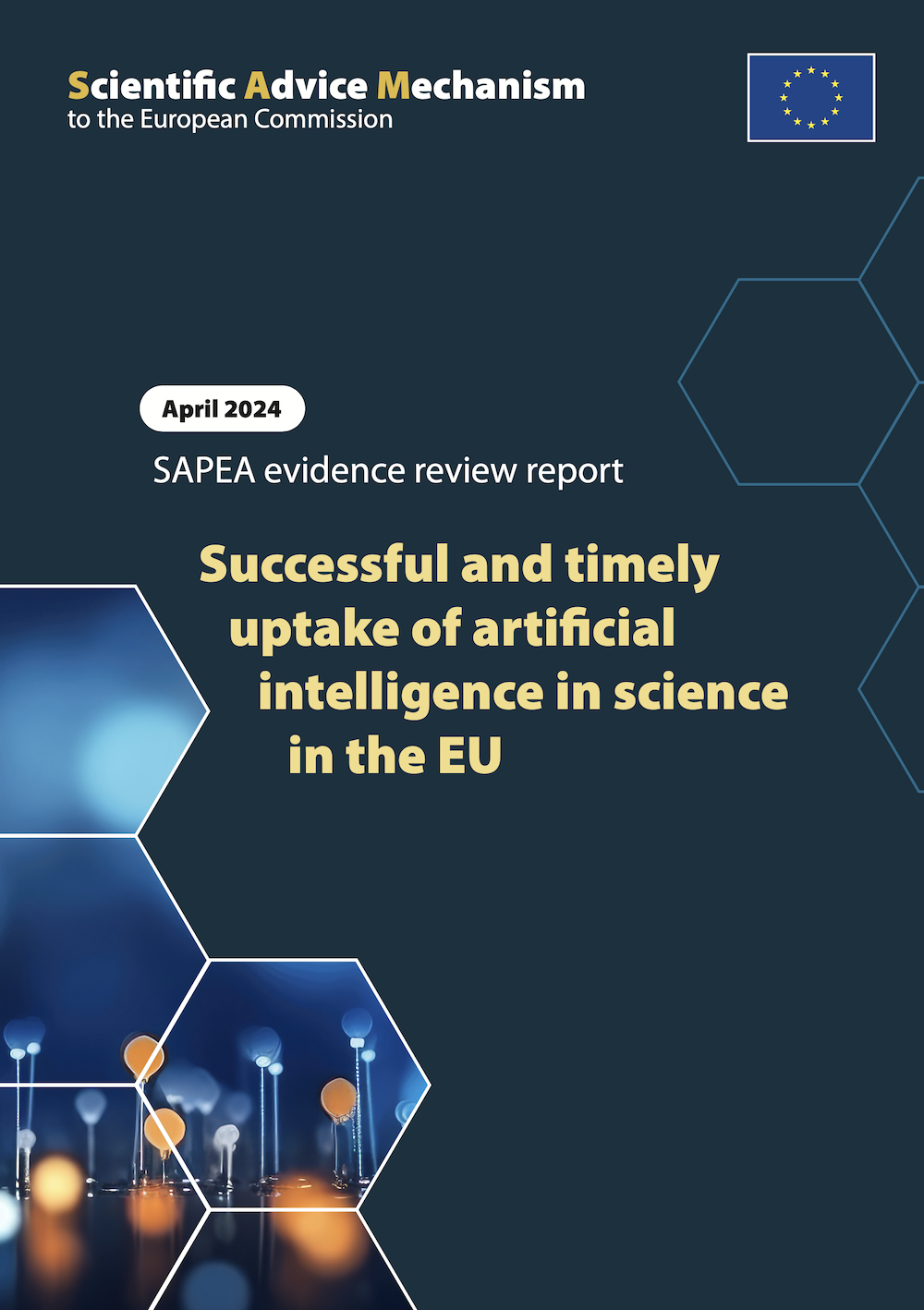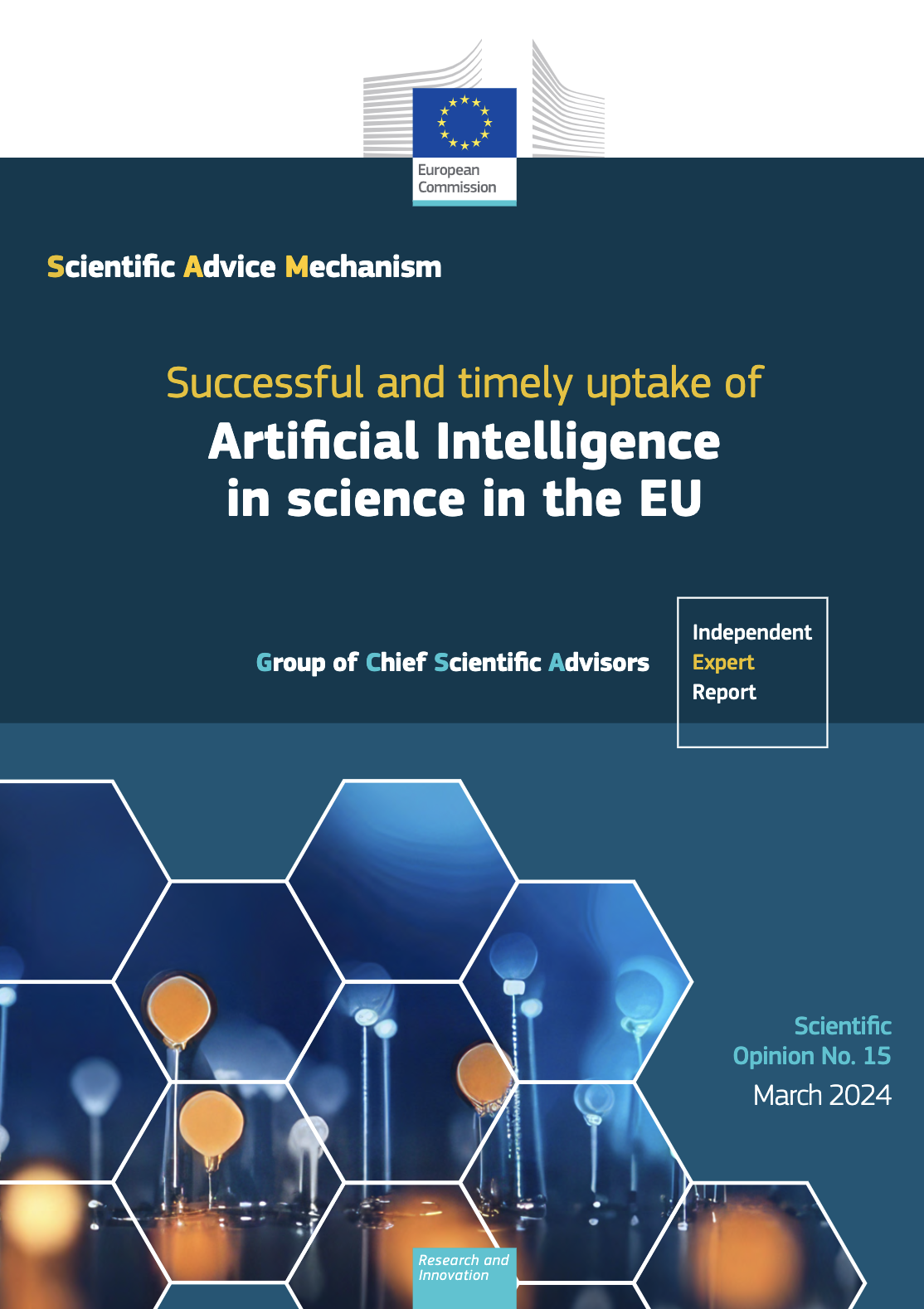The EU should prioritise AI-powered research in areas where large amounts of data are available but difficult to interpret, such as personalised health, social cohesion, and the green and digital transitions. This will bring the greatest benefits for EU citizens.
It is important to support new research into the greenest AI algorithms and infrastructure, to help manage the environmental impact of the technology.
AI-powered scientific research requires a vast amount of data. That data should be high quality, responsibly collected and well curated, with fair access for European researchers and innovators. So the EU should continue to work with the research community to ensure that data standards, guidelines and best practices can evolve as technology develops.
AI has become a geopolitical asset. The availability of both human talent and computing power defines which parts of the world can make the most of AI, and which are falling behind. Currently, most AI infrastructure belongs to a small number of companies, largely in the US and China, and even public research labs depend on them for computing power. The opacity of the commercial AI sector makes it difficult to obtain the transparent, reproducible scientific results that are essential to robust science in an open society.
To rebalance the situation and boost public research across all disciplines and member states, we need to give universities and research institutes across Europe fair access to state-of-the-art AI facilities. A new European institute for AI in science would provide massive high-performing computational power, a sustainable cloud infrastructure, and AI training programmes for scientists. Alongside these services, a European AI in Science Council would provide dedicated funding for researchers in all disciplines to explore and adopt AI in their sciences. These would also ensure that AI in research aligns with EU core values.
The EU must provide a competitive and attractive AI research environment by offering the opportunity to work on high-impact societal challenges and a stimulating work environment, in addition to a high quality of life.
Finally, the technologies of the future must be driven by people and communities, not only by profit. The EU should promote research on the philosophical, legal, and ethical issues that arise when AI is used in science, and the impact of these issues on fundamental human rights, transparency and accountability. This should not become a bureaucratic burden but an intellectual stimulus. Widespread education to promote AI literacy will not only enable everyone to enjoy the benefits of this technology — it will also strengthen future European research by nurturing and retaining the best talent.















